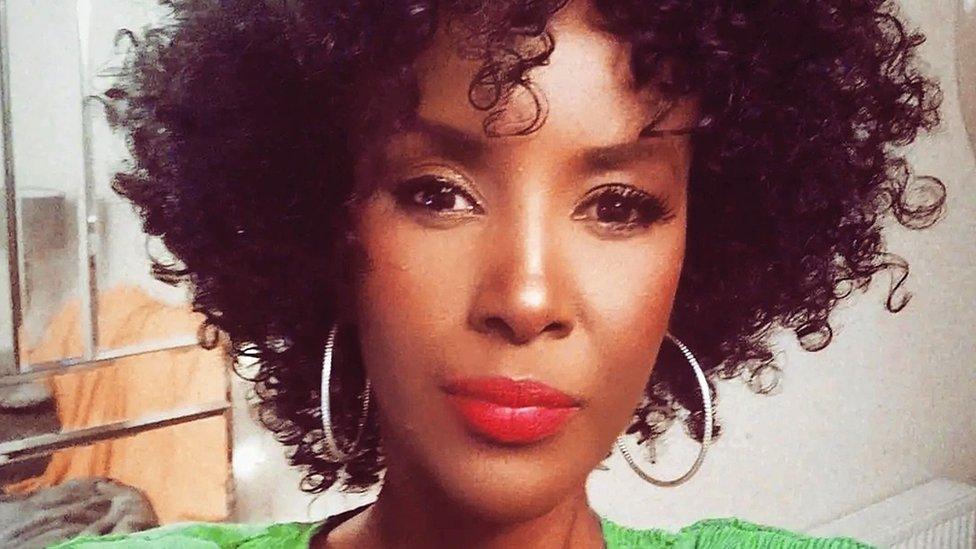OCD: 'I was afraid to talk about it, but you shouldn't be'
- Published
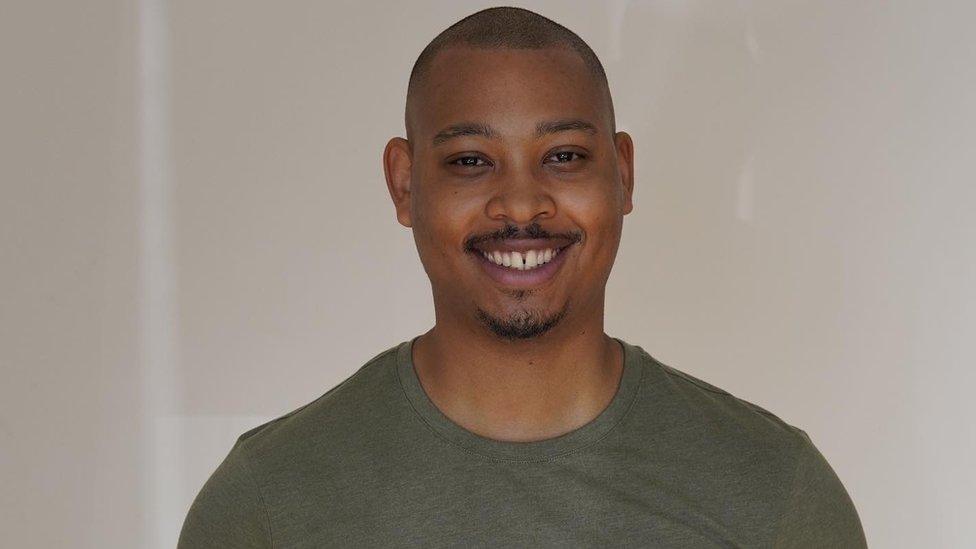
Shaun was diagnosed with OCD earlier this year
"I'm a bit OCD." It's a phrase you may hear people using when something is out of place or there is a bit of mess.
But for people like Shaun, living with obsessive compulsive disorder (OCD) is an everyday reality.
The 28-year-old from south London spent years constantly worried and trying to fight off obsessive thoughts he couldn't get rid of.
He tried to brush it off as "normal" while maintaining a busy lifestyle as a model, writer and content creator - posting political and social commentary videos to social media.
But it soon began affecting his daily life and even crept in to his dreams.
Then, earlier this year, something happened that made him ask for help.
"When I was with one of my friends a thought of sexual assault popped into my head," he says.
"I thought to have a certain type of thought in my head meant that is what I was going to do."
"I became so worried. I begged my friend to leave the house and I wanted to make sure they'd be OK."
Shaun was subsequently seen by a mental health team, who "said I'd be OK, I'd be fine".
"But when I was out with one of my friends, I had an intrusive thought about suicide. I panicked... I found a therapist and I finally got the help that I needed."
Shaun had a diagnosis and a cause of his unwelcome thoughts: OCD.

Listen to If You Don't Know on BBC Sounds
Listen to the latest If You Don't Know podcast to hear more on being black with OCD.
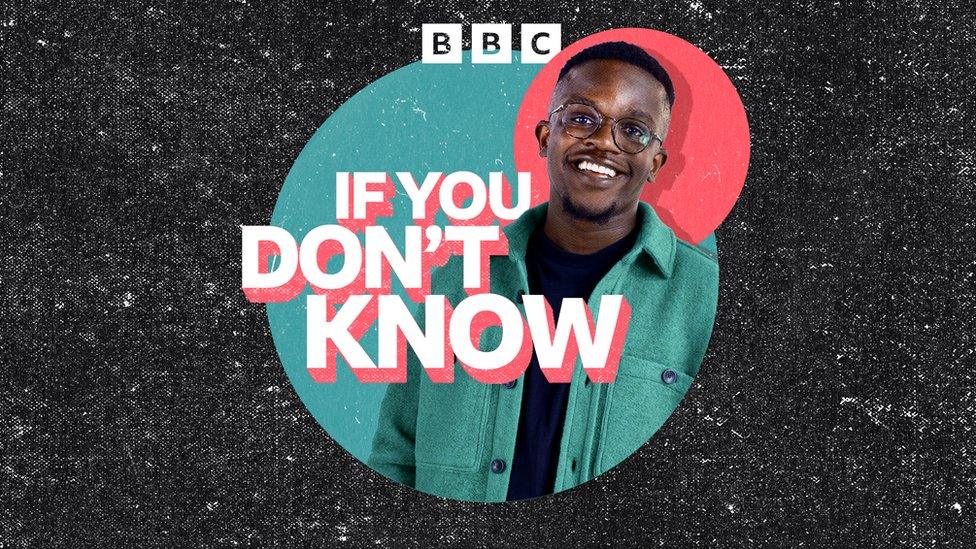

OCD affects more than one million people, external in the UK.
It's a mental health condition where a person has obsessive thoughts and compulsive behaviours, external.
Shaun says his experience has been tough: "I was afraid to speak to a lot of people in my community. As a young black man, if I was to speak about my mental health to the wrong people, I think a lot of people would worry about me. They would say: 'What's wrong with him?'"
He's urging people in the black community to talk about OCD: "I've learned that there is a dire need for more young black men and black people in general to speak up about their mental health.
"It's a place where we need more black advocates, more conversations, and that potentially will help to change the tide."

OCD symptoms
The NHS, external describes an obsession as an unwanted and unpleasant thought, image or urge that repeatedly enters your mind, causing feelings of anxiety, disgust or unease
A compulsion is a repetitive behaviour or mental act that you feel you need to do to temporarily relieve the unpleasant feelings brought on by the obsessive thought

Research shows ethnic minorities are under-represented in OCD clinical trials, external.
Nick Sireau, chair and co-founder of Orchard OCD, says more stigma in the black community may be a reason why.
He also adds that funding research is "right at the bottom" of the pile, and just 89p is spent per patient in the UK every year.
That's compared with about £8 a year for depression.
"The current treatments for OCD are not very good," says Nick.
"It's very high doses of anti-depressants, which can take weeks or even months to have any effect. We need new and better treatments."
While Nick is right that medication can take a while for people to notice it's working, the NHS says psychological therapy is one of the main treatments for OCD.
Cognitive Behavioural Therapy, or CBT, is often used and can make a difference "quite quickly" for many patients, according to its website, external.
A study by the the Royal College of Psychiatrists in 2021 also found high suicidal thoughts in patients with OCD, external.
Nick says he wants people to know how serious the condition is.
"One of my best friends took his own life because his OCD had convinced him that he was an evil person who deserved to die because of the thoughts that he had in his mind.
"What people don't realise is what they say in everyday life has ramifications for the whole of society.
"So when you have the whole of the UK going around with this expression, 'I'm a little bit OCD,' every time they say it they are trivialising OCD that little bit more."
'You're not alone'
Fast-forward to today and Shaun is a mental health advocate. He writes articles, posts content on social media and speaks in public to raise awareness.
"One thing I've also learned is you can go through hard times and you can come out of it, but it does take a lot of hard work," he says.
"Mental health is not a constant. Mental health is almost like the gym, you have to work on it."
Shaun's tips for anyone who thinks they might have OCD?
"If you can speak to somebody that you trust, explain to them, go to your GP."
Shaun says he finds that documenting his thoughts is helpful for him, but a useful treatment for one person can be a trigger for another.
That's why he's so keen for people to talk about it.
"Be careful when you go down the rabbit hole of Google because quite often, people can start worrying more than they actually need to.
"But just know that it's treatable. Know you're not alone. There's a lot more of us out there than we actually think."
If you've been affected by the issues raised in this article, help and support is available via BBC Action Line.
For OCD-specific support, UK charities OCD Action, external and OCD UK, external offer resources and advice.


Follow Newsbeat on Twitter, external and YouTube, external.
Listen to Newsbeat live at 12:45 and 17:45 weekdays - or listen back here.
Related topics
- Published17 June 2022
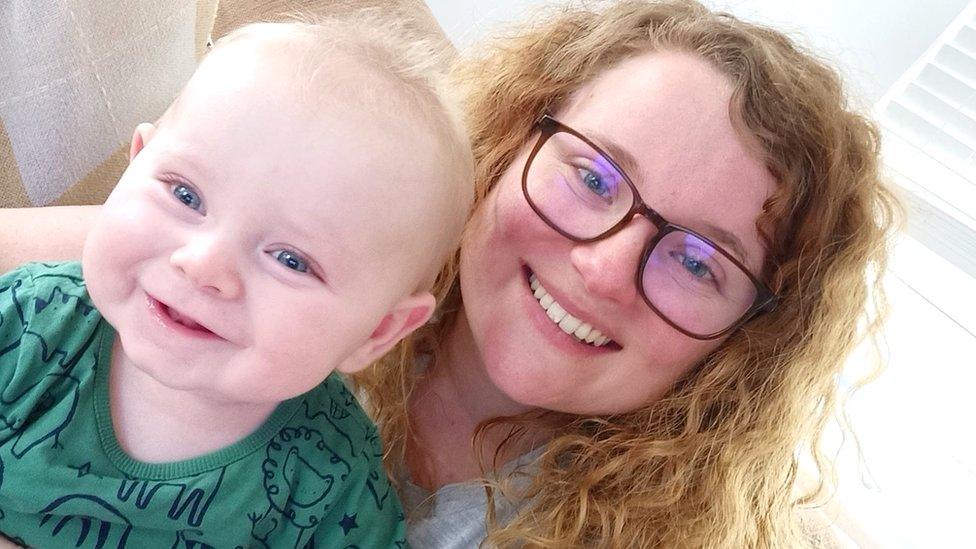
- Published24 November 2020
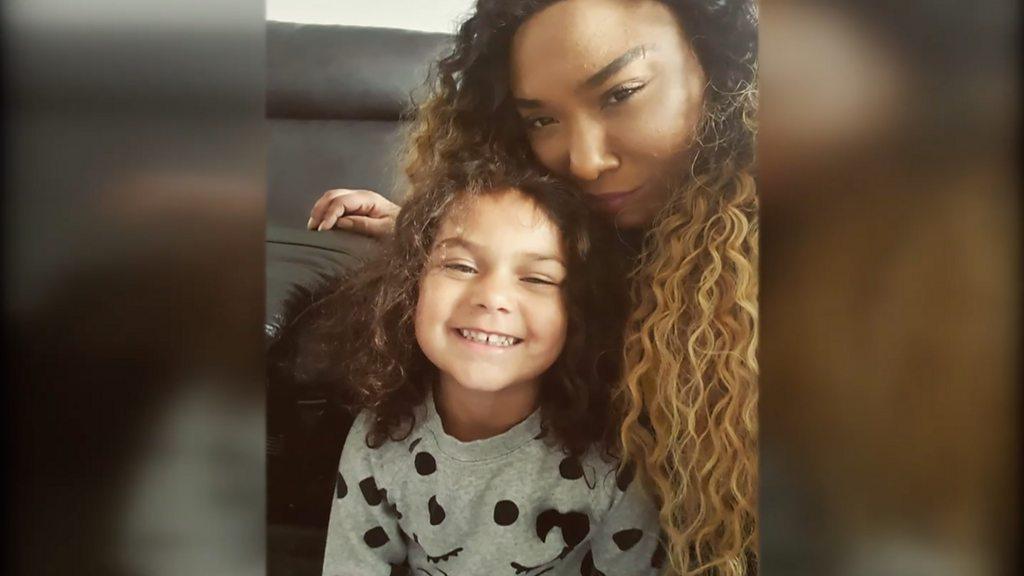
- Published16 July 2022
